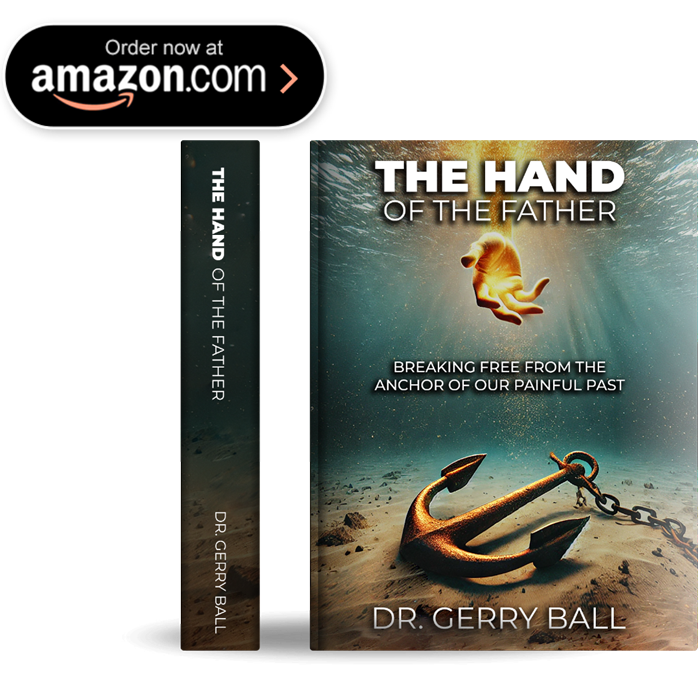Biblical Principles and Attachment: How Mediators Restore Spiritual and Relational Bonds
Discover how biblical principles and attachment theory intersect to shape relational and spiritual health. Explore the Christian view of attachment, the role of spiritual mediators in healing, and how faith-based attachment counseling and restoring paternal influence can lead to emotional breakthrough and faith-based transformation.
- Home
- Biblical Principles and Attachment: Spiritual and Relational Bonds
Biblical principles and attachment
Where Psychology and Scripture Meet
In biblical counseling, emotional healing must align with spiritual truth. Concepts like family structure, shared values, and support systems directly mirror scriptural guidance. This chapter bridges attachment theory with biblical principles, showing how spiritual growth and relational healing go hand-in-hand.
Through the lens of faith-based attachment counseling, we examine how Jesus, the ultimate Mediator, models restoration — and how earthly mediators can help rebuild broken relational patterns rooted in early life wounds.
Biblical principles and attachment
The Ultimate Mediator: Rebuilding Through Christ
Scripture reveals Jesus as our ultimate Mediator, reconciling us to God (1 Timothy 2:5). In counseling and relational restoration, earthly mediators mirror this spiritual role — creating safe, grace-filled spaces to heal.
Each of Chornesky’s six relational factors aligns with biblical truths:
Family Structure → Knowing God as Father
Patterns of Contact → Ongoing prayer and church engagement
Shared Values → Grounding in God’s Word
Norms and Expectations → Living according to Scripture
Support Systems → Fellowship and faith community
Emotional Ties → Restoration through Christ’s love
This biblical perspective on family structure is key to reframing attachment wounds.

Biblical principles and attachment
Non-Attached, Disordered, and Disrupted Attachments
Psychologist Charles Zeanah expanded attachment theory to include deeper subtypes, each with distinct causes and implications:
Understanding these classifications deepens our insight into the faith-based healing process.
Biblical principles and attachment
Chornesky on the Jeopardy of the Nuclear Family
Chornesky noted that as modern culture redefines parental roles, especially paternal ones, families face new relational challenges. Though secular in nature, her findings echo biblical principles — particularly the importance of the father’s role.
Cultural shifts toward “independence” may unintentionally weaken family structure
The decline of paternal involvement disrupts emotional and spiritual development
Restoring paternal influence is essential for reestablishing trust and stability

Biblical principles and attachment
From Disruption to Connection: The Power of Mediators
Whether a pastor, therapist, or mentor, a spiritual mediator helps individuals reshape how they view early caregiver relationships — especially with fathers.
Mediators facilitate:
Positive, meaningful contact
Shared values and emotional safety
Rewriting the internal “father” narrative
Reframing “Father God” from a place of healing, not fear
Chornesky’s research revealed that change didn’t occur through dramatic events — but through slow, relational transformation driven by meaningful interactions.

Biblical principles and attachment
What Faith-Based Attachment Counseling Looks Like
Here’s how mediators (both human and divine) support relational healing:
Pastoral care grounded in Scripture
Mentoring relationships that model godly parenting
Intentional conversations between parents and children
Prayer and worship as spiritual contact and emotional realignment
The invitation of Jesus as the ultimate Mediator in personal healing
This model blends biblical truth with psychological insight, making it both spiritually transformative and emotionally grounded.

Biblical principles and attachment
Biblical Principles and Attachment: From Theory to Transformation
The integration of biblical principles and attachment theory offers more than insight — it offers a path to healing. When we recognize the impact of father wounds and disrupted bonds, we can invite the ultimate Mediator to step in.
To explore how mediation leads to deep relational restoration, continue reading The Hand of the Father — where the story of healing becomes personal.

the hand of the father
Experience Restoration in The Hand of the Father
If your early family life disrupted how you trust, relate, or even perceive God — The Hand of the Father offers real hope. Through biblical wisdom and emotional insight, Dr. Gerry Ball reveals how healing begins by inviting the ultimate Mediator into your story.

